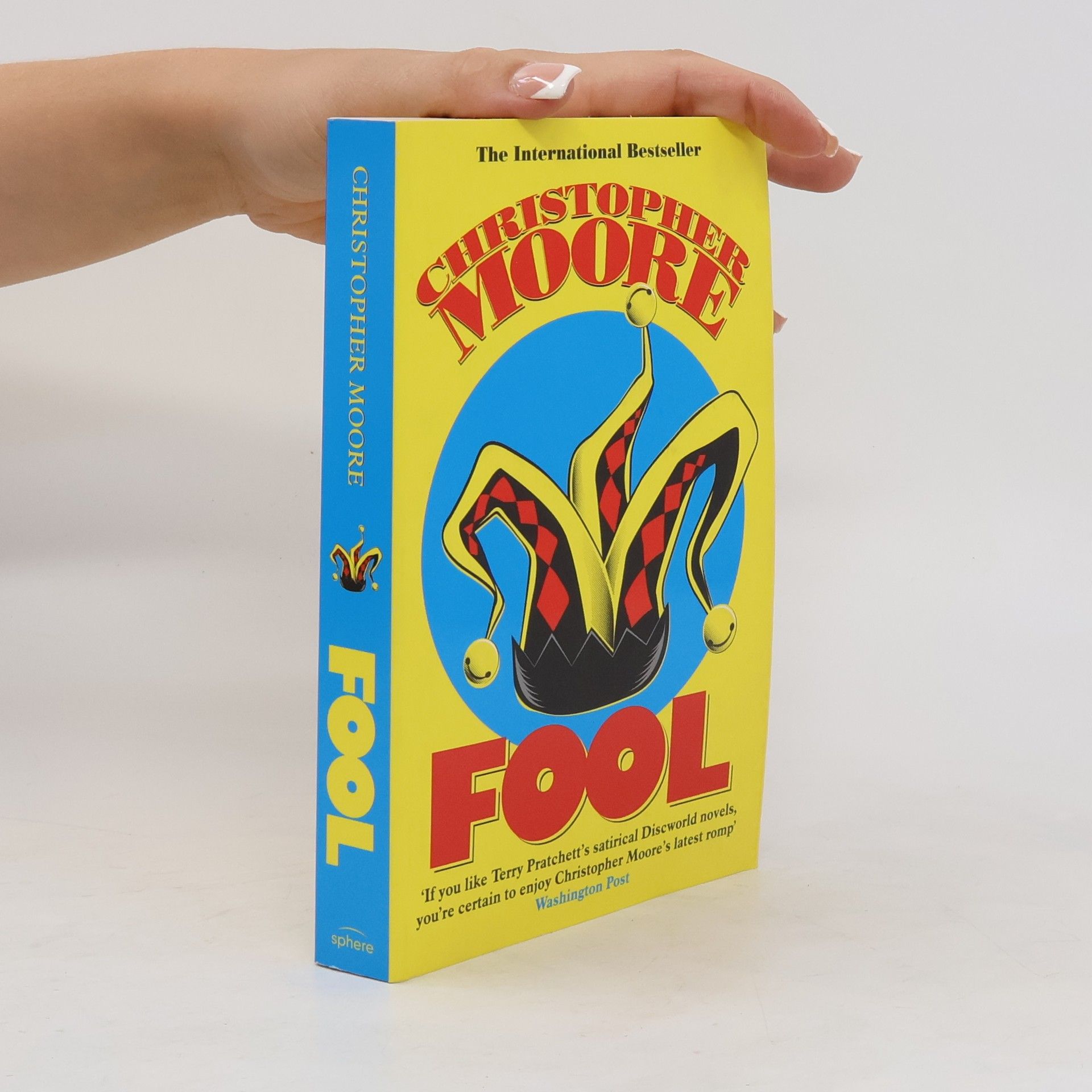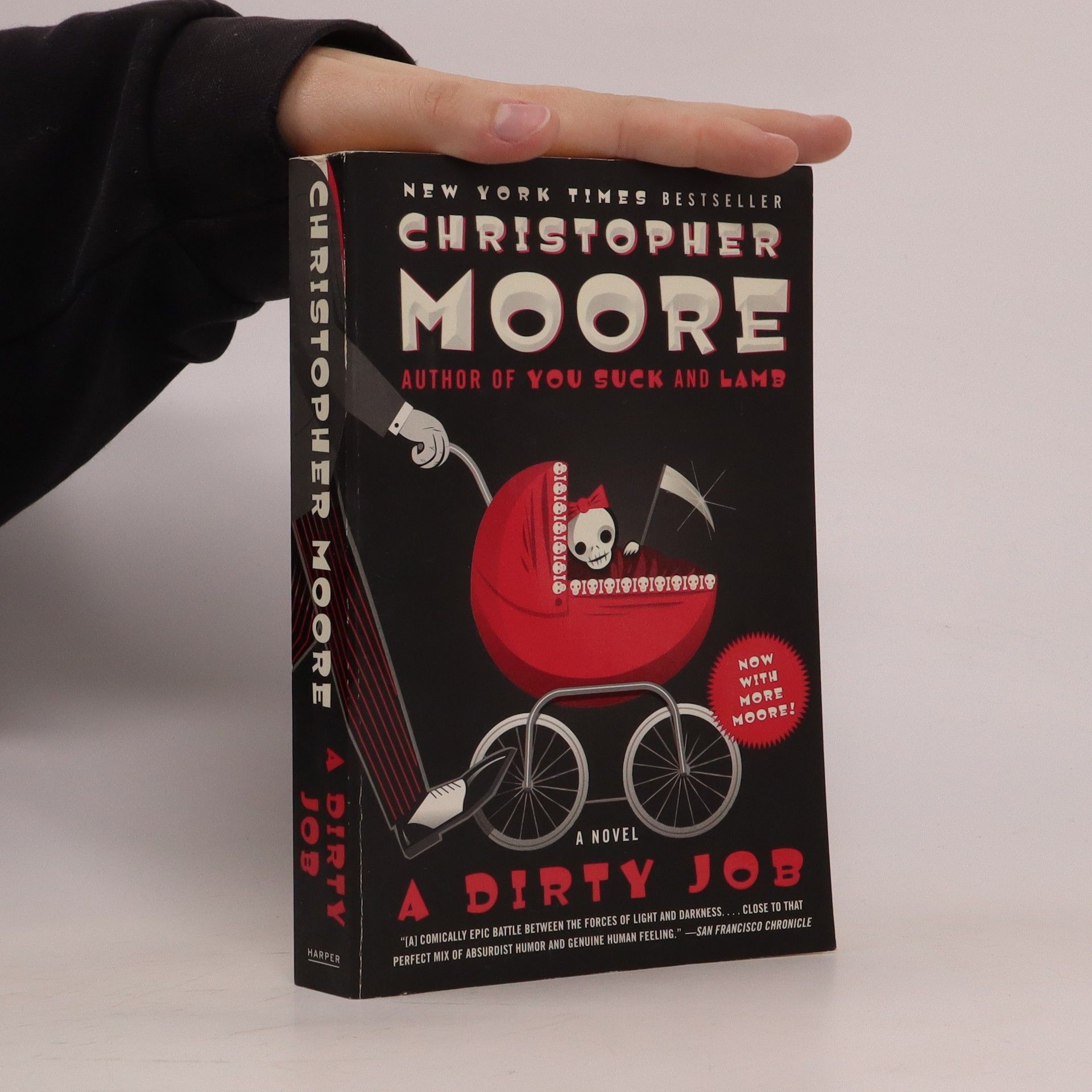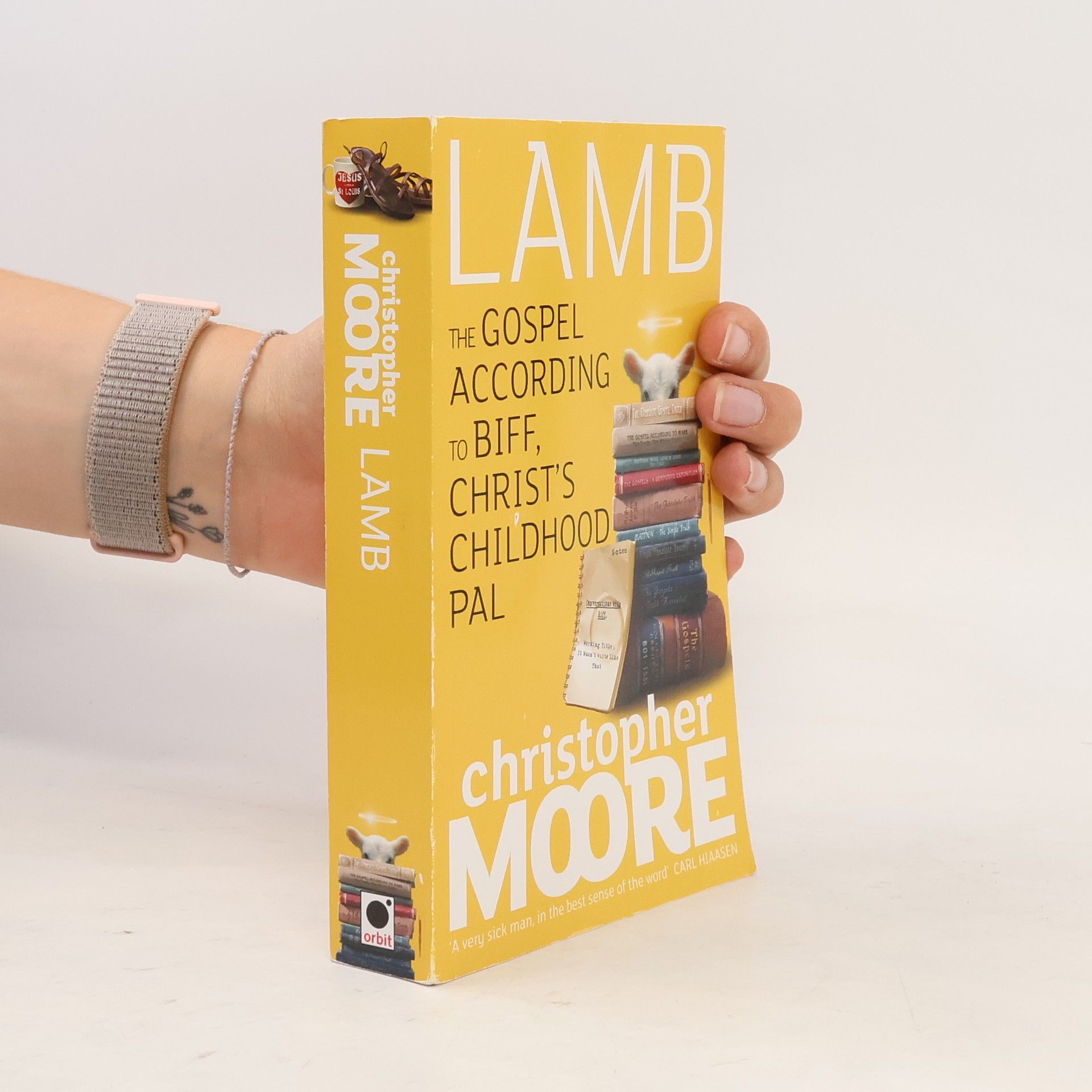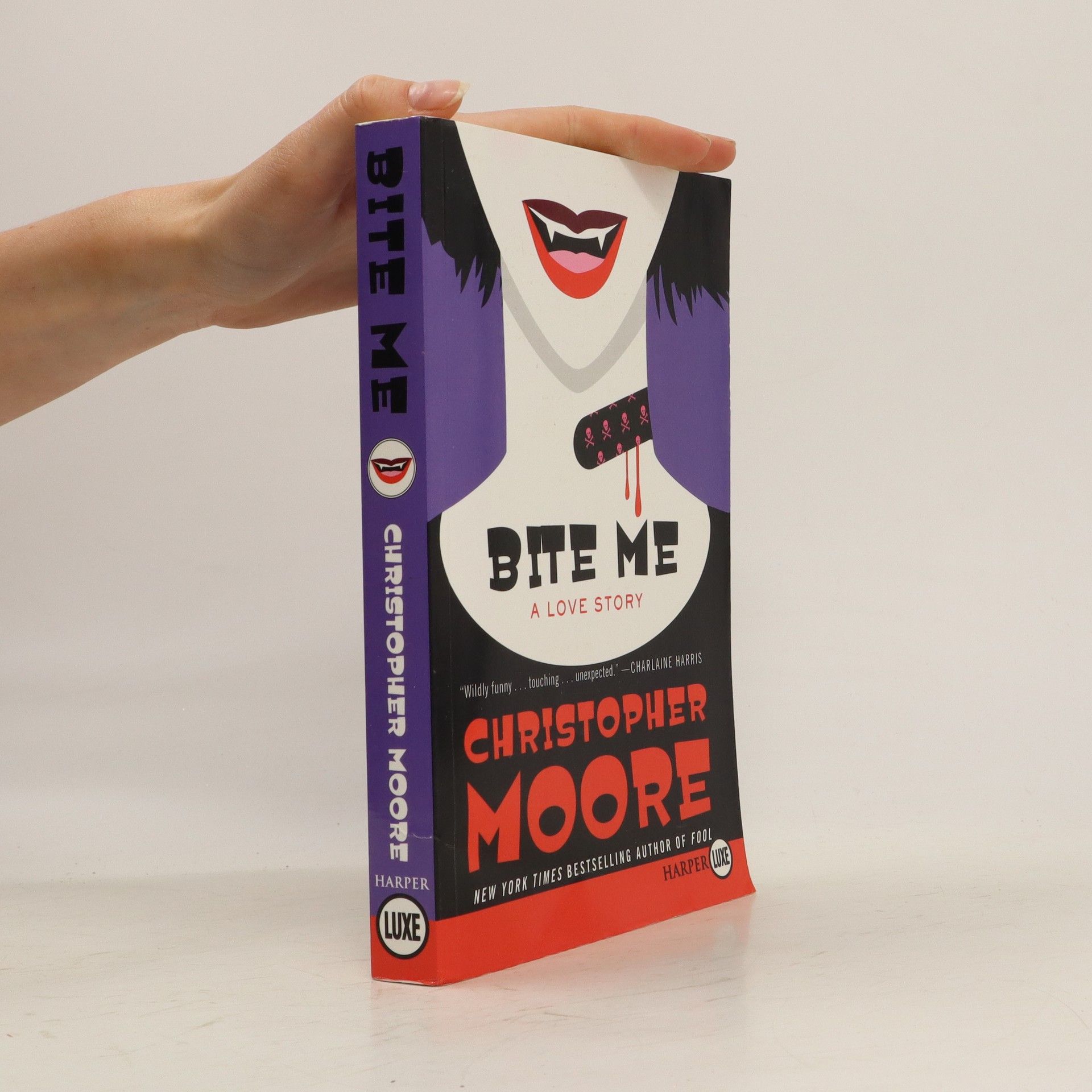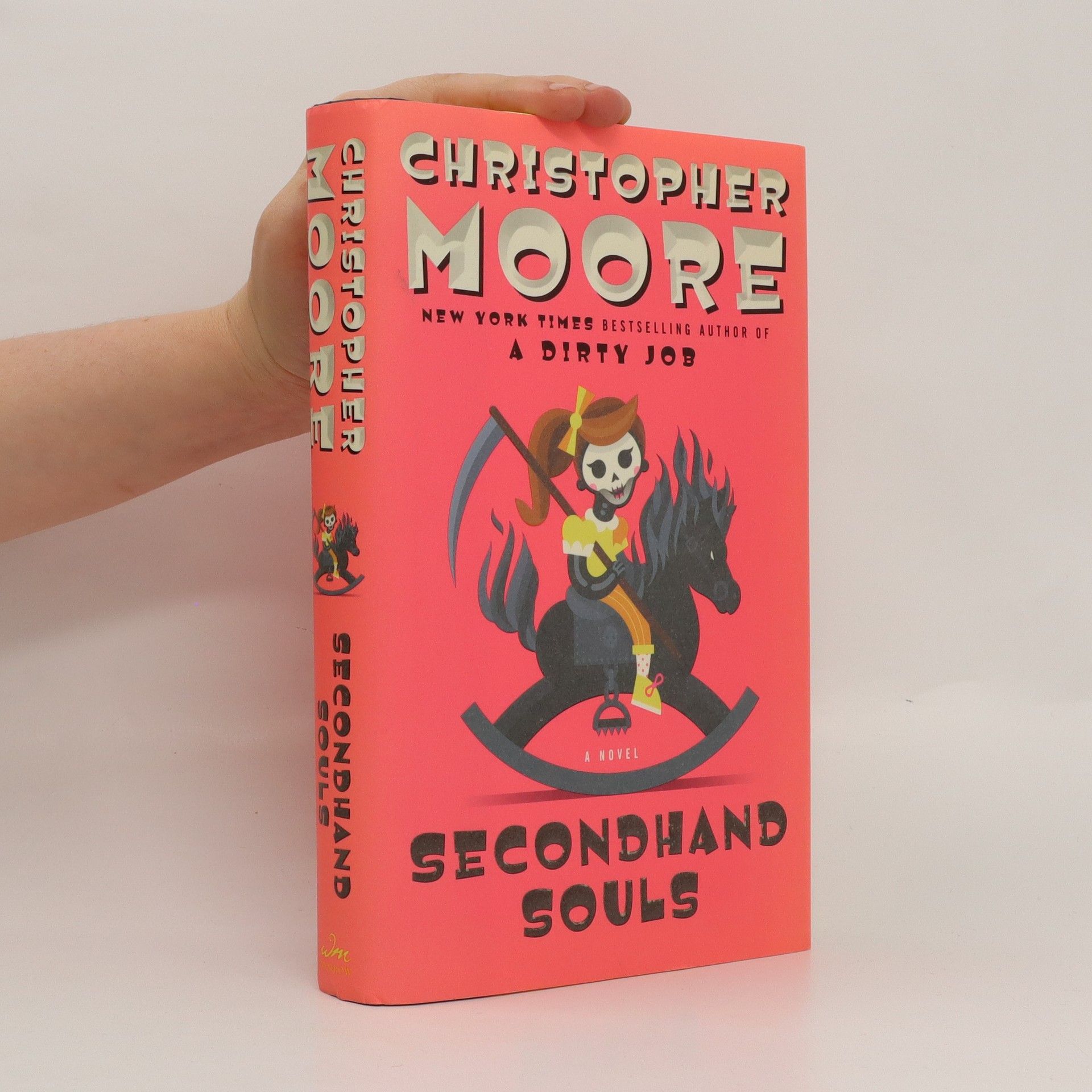Lamb
- 506 pages
- 18 hours of reading
The birth of Jesus has been well chronicled, as have his glorious teachings, acts, and divine sacrifice after his thirtieth birthday. But no one knows about the early life of the Son of God, the missing years - except Biff, the Messiah's best bud, who has been resurrected to tell the story in this divinely hilarious, yet heartfelt work 'reminiscent of Vonnegut and Douglas Adams' (Philadelphia Inquirer). Verily, the story Biff has to tell is a miraculous one, filled with remarkable journeys, magic, healings, kung fu, corpse reanimations, demons, and hot babes, Even the considerable wiles and devotion of the Saviour's pal may not be enough to divert Joshua from his tragic destiny. But there's no one who loves Josh more - except maybe 'Maggie,' Mary of Magdala - and Biff isn't about to let his extraordinary pal suffer and ascend without a fight.

